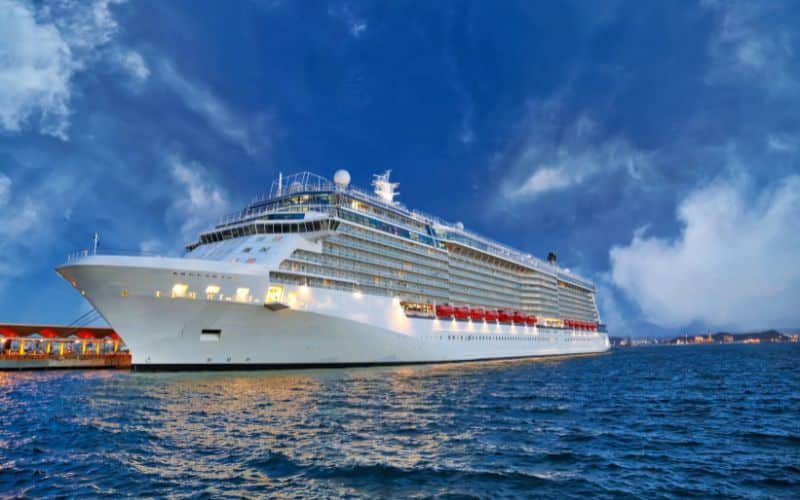Environmental Activists Block France’s Main Cruise Ship Port In Marseille
Environmental Protestors Block France’s Major Cruise Port Over Pollution Concerns

Yesterday, Marseille, the main cruise port in France, was blocked by environmental activists. They were protesting against the pollution caused by large cruise ships, which they say harms the planet.
About 20 members of the group’s Extinction Rebellion and Stop Croisieres used canoes to block the port entrance. They formed a chain in the water, preventing ships from coming in. This action caused disruption, as reported by local media.
At 7:00 am, a ship had to turn back and stop offshore. Other ships were forced to wait outside the harbor until 9:30 am. Eventually, the authorities drove the protestors away, and the port was reopened.
The protestors spoke out against cruise ships, accusing them of using harmful oil that damages the ocean and coastal wildlife. They also criticized the cruise industry for its negative impact on the climate and poor working conditions for employees on these ships.
One of the ships affected by the protest was the Aidastella, a vessel owned by a German company. It was carrying 2,000 passengers and reached the port at 7:00 am but could not dock immediately.
Two other large ships, MSC World Europa and Costa Smeralda, were also delayed. MSC World Europa is one of the largest cruise ships in the world. It can hold up to 6,000 passengers in its more than 2,600 rooms. The ship even has 13 restaurants and a shopping mall on board.
The International Association of Cruise Lines condemned the protest, calling it illegal and dangerous. They also mentioned that the cruise industry is working hard to reduce its greenhouse gas emissions.
Marseille is a key hub for cruise ships in France. According to the Marseille Tourism Observatory, the number of cruise passengers visiting the port increased significantly, from 1.5 million in 2022 to 2.5 million in 2023.
